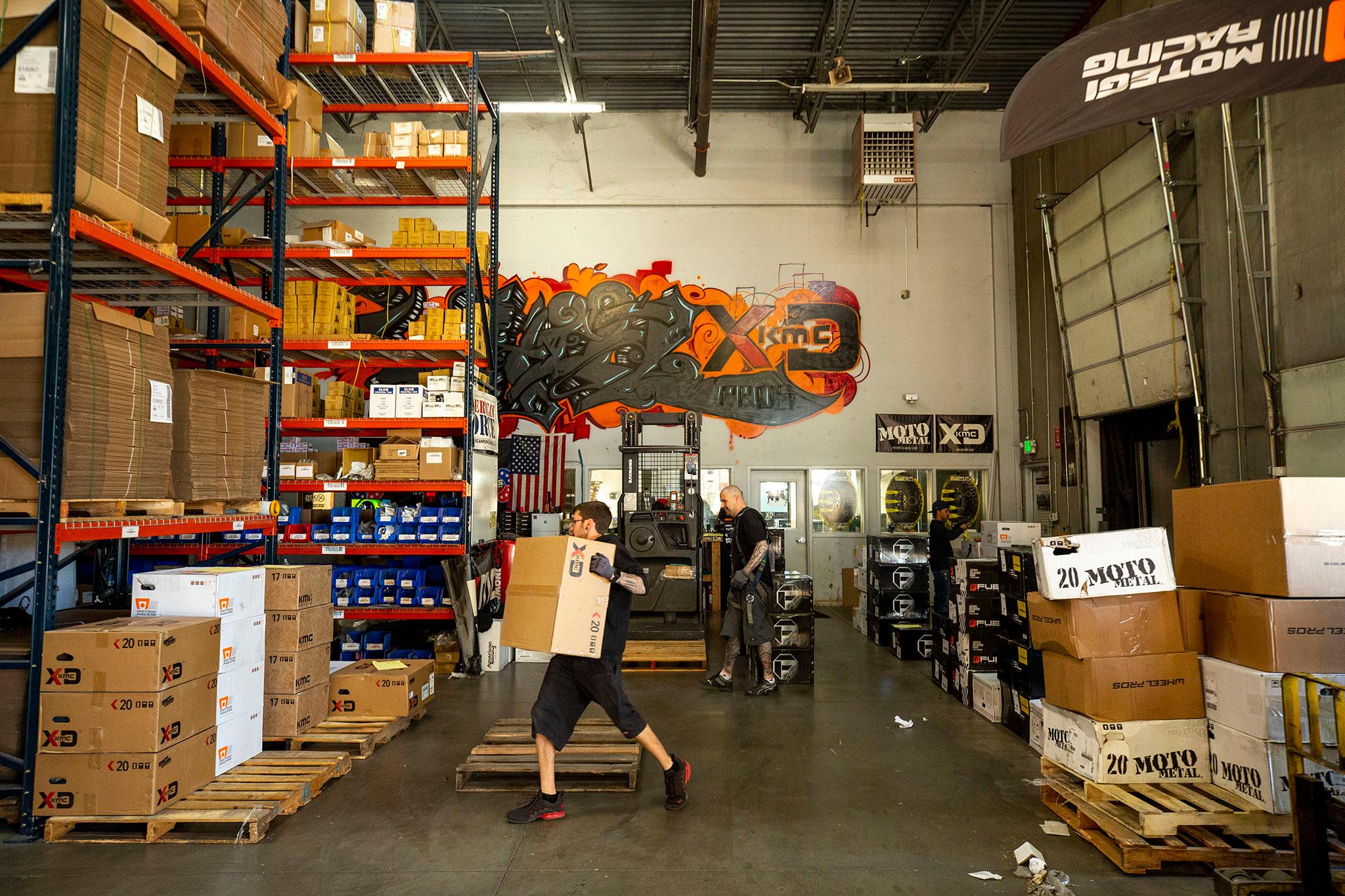
Colorado’s economy and labor force continue to grow and have surpassed pre-pandemic levels, but headwinds from rising inflation and interest rates could pose serious risks.
The Leeds School of Business at the University of Colorado Boulder released its mid-year Colorado Business Review Friday detailing the state of Colorado’s economy and labor market.
While Colorado has recovered from the pandemic better than most states, there are significant challenges ahead, economists say.
Job growth strong but slowing
According to the report, Colorado is forecasted to add 104,000 jobs in 2022, a 3.8 percent increase from 2021. Colorado is one of fourteen states that have more jobs now than before the pandemic.
“Colorado’s labor force and the labor force participation rate really surprised on the upside. Labor force growth ranked Colorado in the top 10 for 11 consecutive months through May and has posted record highs in each month of 2022,” said Brian Lewandowski. Lewandowski is the executive director of the Business Research Division at the Leeds School of Business.
The labor force participation rate is the number of people with a job or those who are looking for one — expressed as a percentage of the total population. Colorado has the second highest labor force participation rate in the country at 69.4 percent. The only state with a higher rate is neighboring Nebraska with 70 percent.
Job growth has been steady for the first half of the year, but Lewandowski said employment growth is projected to slow in the third quarter and remain flat in the final quarter of 2022.
Employment in the leisure and hospitality, mining and government sectors is still below pre-pandemic levels. Meanwhile, the number of professional and business services jobs — which tend to be higher paying — is 8 percent higher than before the pandemic.
Falling real wages
Wage growth has remained strong in Colorado as businesses keep hiring, the forecasters said, but inflation is eating into those wage gains. On Wednesday, the Bureau of Labor Statistics reported that inflation rose 9.1 percent annually in June.
With inflation rising to a four-decade high, workers need their wages to also rise drastically to retain the same level of purchasing power. So while wages are growing, in many cases they are not growing more than inflation.
“Even though we’re seeing strong wage growth, the rate of price growth is outpacing the rate of wage growth,” said Lewandowski.
One factor working in favor of rising wages is the state’s tight labor market. Demand for labor remains high, while the supply of labor has shrunk. The unemployment rate in Colorado was 3.5 percent in May, compared to 11.8 percent two years ago during the height of the pandemic.
“People have been trying so hard to hire people for so long that this hiring is still going on,” said Richard Wobbekind, faculty director for the Business Research Division at CU.
Rising inflation and interest rates lead to growing risk of recession
The risk of a recession has been growing as interest rates have risen to combat inflation. Any recession is expected to be “relatively shallow and short” according to Lewandowski. He says it will likely not be a repeat of the 2008 financial crisis — households and banks have more cash to deal with a short-term setback.
But, a National Federation of Independent Businesses (NFIB) report showed that small business owners are the most pessimistic about future economic conditions than at any other time in the past 48 years.While economic conditions may point towards a downturn, workers are still in demand.
“I think that businesses are being really cautious in their outlook. I think we are in this era where there are so many job openings and so few workers that it is still somewhat of a land grab for potential employees,” Lewandowski said.








